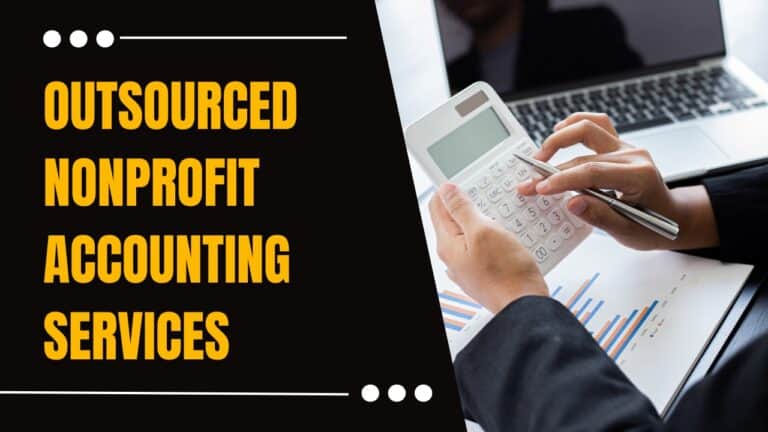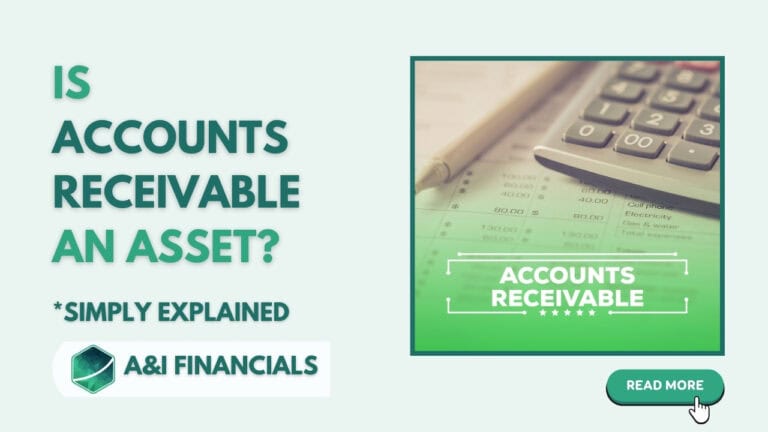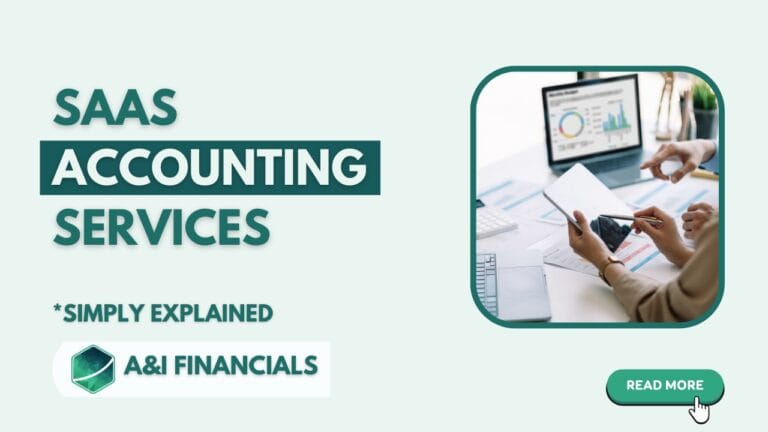How Do Accountants Prepare for Tax Season?
Preparing for tax season is no small feat for accountants. It’s a blend of meticulous planning, extensive knowledge of tax laws, and a deep understanding of each client’s financial situation. While it might seem overwhelming, seasoned tax professionals have honed their methods to make the process smoother and more efficient. Let’s dive into how accountants prepare for tax season, blending technical precision with human expertise.
Setting the Stage: Early Preparation
The groundwork for a successful tax season starts well before the calendar flips to January. By laying a solid foundation, accountants can avoid the last-minute rush and potential errors.
Pre-Season Planning
- Reviewing Tax Law Changes: Each year brings new tax laws and updates. Accountants need to stay abreast of these changes to ensure compliance and optimize client benefits.
- Client Communication: Early communication with clients is crucial. This includes sending reminders about necessary documents, changes in tax laws, and deadlines.
- Training and Education: Continuous education is key. Accountants often attend seminars and courses to stay updated on the latest tax regulations and software enhancements.
Gathering and Organizing Client Information
Once the tax season officially kicks off, accountants dive into collecting and organizing client information. This is the backbone of accurate and timely tax preparation.
Document Collection
- Income Statements: W-2s, 1099s, and other income-related documents are essential. Ensuring all income is reported accurately is a top priority.
- Expense Tracking: Clients need to provide detailed records of deductible expenses. This includes receipts, bank statements, and credit card records.
- Investment Records: Information on dividends, capital gains, and losses must be meticulously documented.
Using Accounting Software
Modern tax preparation heavily relies on advanced accounting software. These tools streamline data entry, reduce errors, and enhance efficiency.
- Cloud-Based Solutions: Utilizing cloud-based accounting software allows for real-time updates and collaboration. It’s a game-changer for handling large volumes of data during the tax busy season.
- Integration Features: Many accounting software programs integrate with bank accounts, investment platforms, and other financial tools, simplifying data collection and organization.
The Tax Preparation Process
With all the necessary documents and tools in hand, accountants embark on the core task of preparing tax returns. This involves a series of methodical steps to ensure accuracy and compliance.
Data Entry and Verification
Entering data accurately is crucial. Accountants double-check figures to avoid discrepancies and potential audits.
- Cross-Referencing Information: Ensuring all reported income matches supporting documents prevents costly mistakes.
- Error Checking: Accounting software often includes features to flag inconsistencies or missing information, adding an extra layer of security.
Calculating Deductions and Credits
One of the key roles of an accountant is to maximize a client’s tax benefits while ensuring compliance with tax laws.
- Identifying Eligible Deductions: From business expenses to charitable contributions, accountants meticulously identify and calculate deductions.
- Applying Tax Credits: Tax credits can significantly reduce a client’s tax liability. Accountants stay updated on available credits to optimize tax outcomes.
Filing Tax Returns
Once the calculations are complete, the next step is filing the tax returns. Accuracy and timeliness are paramount here.
- E-Filing: Most returns are filed electronically, ensuring quicker processing and reducing the likelihood of errors.
- Meeting Deadlines: Keeping track of filing deadlines is crucial to avoid penalties. Accountants often set internal deadlines to ensure timely submissions.
Post-Filing Responsibilities
The work doesn’t end once the returns are filed. Post-filing activities are equally important to ensure ongoing compliance and client satisfaction.
Handling Refunds and Payments
- Tracking Refunds: Accountants monitor the status of refunds and communicate updates to clients.
- Payment Plans: For clients who owe taxes, setting up manageable payment plans is often necessary.
Audit Preparation
In the event of an audit, being prepared can make a significant difference.
- Organized Records: Maintaining well-organized records and documentation simplifies the audit process.
- Audit Representation: Many accountants offer representation services, guiding clients through the audit process and communicating with the IRS on their behalf.
Managing Client Relationships
A successful tax season hinges on effective client communication and relationship management.
Regular Updates and Feedback
Keeping clients informed throughout the process builds trust and transparency.
- Progress Reports: Regular updates on the status of tax preparation and filing keep clients in the loop.
- Feedback Mechanism: Encouraging feedback helps improve services and address any concerns promptly.
Education and Planning
Helping clients understand their tax situation and plan for the future is a valuable service.
- Tax Planning Strategies: Advising clients on strategies to minimize tax liability for future years fosters long-term relationships.
- Educational Workshops: Hosting workshops or webinars on tax topics can enhance client knowledge and engagement.
Balancing Workload and Stress
The accountant busy season can be incredibly stressful. Effective stress management techniques are essential for maintaining productivity and well-being.
Time Management
Efficient time management helps accountants juggle multiple clients and tasks.
- Prioritizing Tasks: Focusing on high-priority tasks ensures deadlines are met without compromising quality.
- Delegation: Leveraging support staff for administrative tasks can free up time for more complex tax issues.
Stress Reduction Techniques
Maintaining a healthy work-life balance is crucial during the intense tax season.
- Regular Breaks: Taking short breaks can prevent burnout and maintain mental clarity.
- Healthy Lifestyle Choices: Proper nutrition, exercise, and adequate sleep play a significant role in managing stress.
Leveraging Technology
Embracing technology is a game-changer in modern tax preparation. From cloud-based systems to advanced accounting software, technology streamlines processes and enhances accuracy.
Accounting Software
Using sophisticated accounting software is essential for handling complex tax scenarios.
- Automation: Automating repetitive tasks reduces the risk of errors and saves time.
- Data Security: Ensuring client data is secure is paramount. Robust encryption and secure access protocols protect sensitive information.
Tax Preparation Software
Dedicated tax preparation software simplifies the filing process and ensures compliance with the latest tax laws.
- User-Friendly Interfaces: Modern tax software is designed to be intuitive, making it easier for accountants to navigate and input data.
- Compliance Updates: Regular updates ensure the software remains compliant with changing tax regulations.
Staying Compliant with Tax Laws
Compliance is at the heart of tax preparation. Accountants must navigate a complex web of federal, state, and local tax laws to ensure their clients are fully compliant.
Understanding IRS Regulations
Keeping up with IRS regulations is crucial for accurate and compliant tax preparation.
- Regular Training: Continuous education on IRS regulations and updates helps accountants stay current.
- Consulting Tax Professionals: When in doubt, consulting with specialized tax professionals ensures compliance with complex tax issues.
Multistate and International Tax Issues
For clients with income or business interests in multiple states or countries, navigating multistate and international tax laws adds an extra layer of complexity.
- State Tax Compliance: Ensuring compliance with varying state tax laws requires meticulous attention to detail.
- International Tax Regulations: Understanding international tax treaties and regulations is crucial for clients with global business interests.
Conclusion
Preparing for tax season is a dynamic and multifaceted process. Accountants blend technical expertise with strategic planning, leveraging technology and maintaining robust client relationships to navigate the complexities of tax laws and ensure accurate and timely tax preparation. By starting early, staying organized, and continuously updating their knowledge, accountants make the taxing season a seamless experience for their clients.
Whether it’s handling income tax brackets, utilizing advanced accounting software, or staying updated on tax laws, accountants are the unsung heroes of the financial world. Their meticulous preparation and dedication ensure that tax season runs smoothly, helping clients navigate the often overwhelming world of taxes with confidence and peace of mind.






